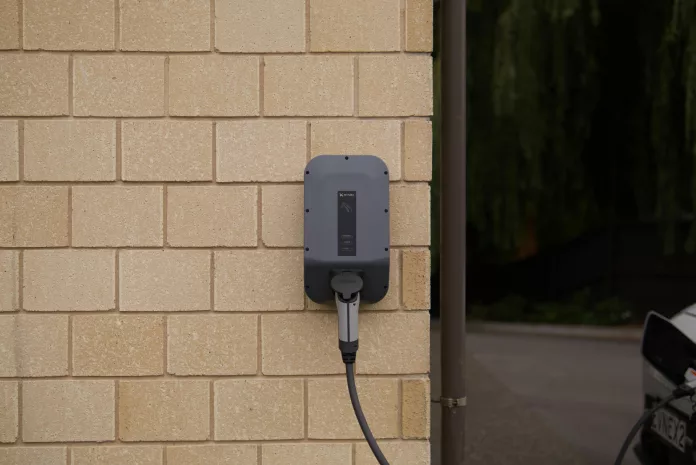The world of electric vehicles (EVs) has been confronted with a flurry of challenges lately, yet there’s a sense of optimism brewing as technology leaps forward. Israeli startup StoreDot is at the forefront of this advancement, with the promise of a battery that charges an EV for 100 miles in a mere four minutes.
Revolutionizing EV Charging Times
In a world that moves quickly, the ability to recharge EV batteries as fast as refueling a traditional car could shift the paradigm. Given the looming threat of catastrophic climate change, the urgency for a carbon-neutral solution is indisputable. With faster charging batteries, not only is the convenience served, but the efficiency of charging stations also skyrockets, catering to more vehicles daily.
However, reliability at charging stations remains a lingering concern, especially in locations without on-site assistance. Recent strides in technology, such as remote sensing, are promising and may soon provide EV drivers with real-time information on the operational status of nearby charging points, minimizing disruptions and detours.
Charging Speed Breakthroughs: From Five to Four Minutes
We have been closely tracking StoreDot’s journey, observing how the company has crushed its previous goal of a five-minute charge for 100 miles. Compared to current leading charging times, StoreDot is setting a formidable pace. Now, their sights are set on an even more ambitious target—a 100-mile charge in just three minutes by 2028, with significant progress already evident.
While some might dismiss “early prototype testing” as future-speak, StoreDot’s predictions lean towards a more immediate future. The company has announced its readiness for mass production by 2026, boasting an impressive achievement of 1100 extreme fast charging cycles even in smaller batteries. This translates to a significant energy density, potentially reshaping the EV market.
StoreDot CEO Dr. Doron Myersdorf elaborates on their comprehensive approach, focusing on a balance between speed and energy density to maximize their battery technology’s efficacy.
The Road Ahead: Is Solid-State the Answer?
While some future EV buyers are holding out for advancements like solid-state batteries, StoreDot takes a different path, leveraging silicon in their anodes for faster-charging, long-lasting, and safe batteries. They point out the advantages of silicon, such as the ability to store remarkably more energy than traditional graphite. This meticulous innovation is the culmination of over a decade of research and development, harnessing advanced machine learning and AI.
A Bright Future Despite Market Flux
Even amidst fluctuating EV sales and various market disruptors, there are signs of a robust electric future. Factors ranging from industry-wide trends and policies to seemingly trivial issues like stinkbug infestations can influence sales patterns. Political headwinds also play a role, as seen with the recent controversy over Ford‘s partnership with China’s CATL on battery manufacturing.
Industry insights from Cox Automotive, however, paint an optimistic picture. Citing 2024 as the “Year of More” for EVs, they acknowledge the challenges in swaying public opinion but remain confident that the market will continue to grow significantly, driven by an increase in the number of models, incentives, and promotional efforts.
As the narrative of EV adoption continues to evolve, it’s clear that developments like StoreDot’s extreme fast-charging batteries could become a game-changer, further energizing the shift toward sustainable mobility.
























